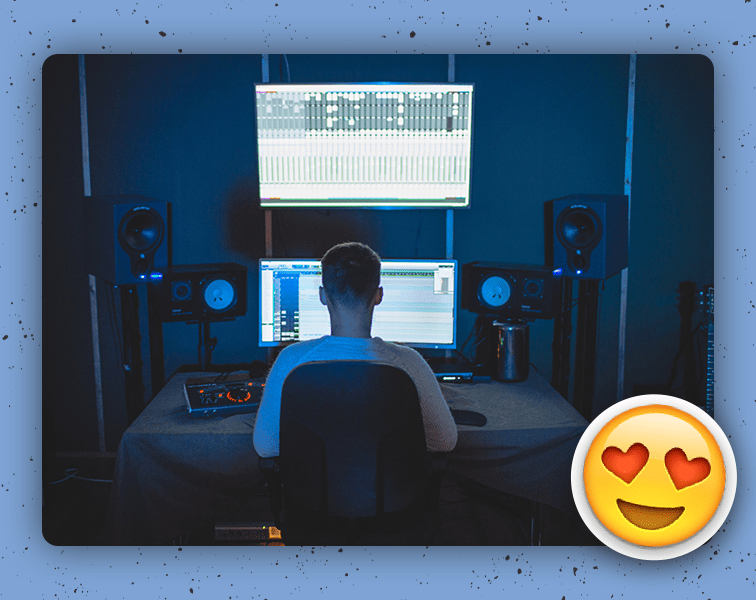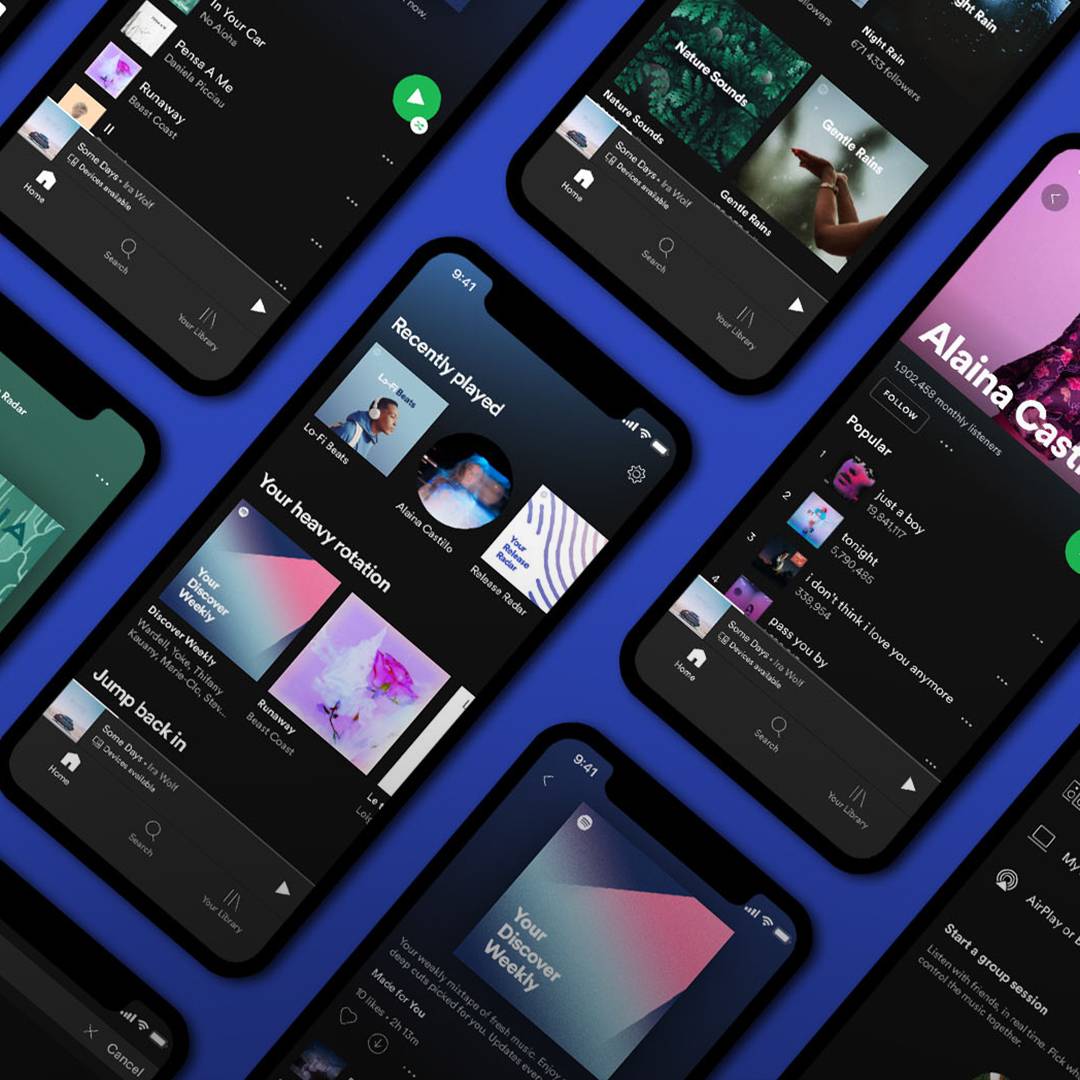Not so long ago, recording music was a luxury only a few could afford. Artists had to be lucky and talented enough to sign contracts with record labels to record a song. However, a lot has changed since then; nowadays, indie music is popular as never before, and artists do not need labels to be able to record their music. In fact, many creative souls even create their own home studios to fulfill their artistic needs. To learn how to transform your room into a home studio, check one of our recent articles on Doing Song Masters In The Master Bedroom. In this article, we gathered information on all the required equipment to record a song if you are an artist who does everything independently. You can read other MusicPromoToday blogs to find out more tips for independent artists on their path to fame and glory.
Now, back to the topic of the day. Let’s find out what equipment you need to be able to record on your own.
1. A Computer or Laptop
As mentioned above, you don’t need a professional recording studio to record anymore. The reason is that you can have the recording studio in just one device; your computer or laptop. The device does not need to be very expensive or powerful. Decent software is enough, and chances are you already have one capable of helping you with recording. However, if you don’t have one, here you can find cheap laptops suitable for music production. Pay attention to the device’s processing power; it has to handle the processes and paces required for recording.
2. An Audio Interface Device
This device is responsible for connecting the computer/laptop to the rest of the recording equipment. As the audio moves from your instrument to your computer, you’ll be able to record the melody and add the beats. To find the audio interface device’s best option, look for a DAW (Digital Audio Workstation) and audio interface combo. It will help you to manipulate your two channels, laptop/computer, and the recording device on hand as the recording process happens.
3. Microphones and Mic Stand
No matter what you do, whether you play or sing your heart out, you always need a microphone to capture the sound. Many types of microphones can be useful for recording, from USB microphones to more professional ones. The USB microphones can also catch a decent sound, yet your best option is a standard mic that you can plug into your audio interface. Those devices are, obviously, more expensive and offer better quality. Consider your budget and decide where to start. Definitely check the microphone’s reviews you’ll eventually decide to buy; they will give you at least a basic idea.
4. Headphones
Music and headphones are inseparable in our century. You will feel the need for a proper set of headphones in nearly every step and stage of the recording process, from monitoring to editing your projects. Consider investing in some good quality noise-canceling headphones if your music’s sound and production quality are essential to you. Usually, the headphone set comes with short cables, so think about investing in a longer extension cable too.
5. Studio Monitors
As mentioned above, headphones are essential to hearing the sound you produce, but they can’t give a full idea of it. To be more professional about recording, you need studio monitors. They will help you see the whole scene literally. No need to buy the most expensive or professional studio monitors; just choose the one that fits your basic starter needs and generates quality sound to give you an accurate picture of your mix. Generally, problem frequencies are eating up headroom in your mix, and even though you don’t”hear” them on crappy speakers, they are overloading your mix bass.
There are plenty of other items that can be useful in your home studio, but the ones we mentioned above are the essential base of a good quality recording. Read MusicpromoToday for more hands-on information on finding your place in the music industry and promoting your brand.



